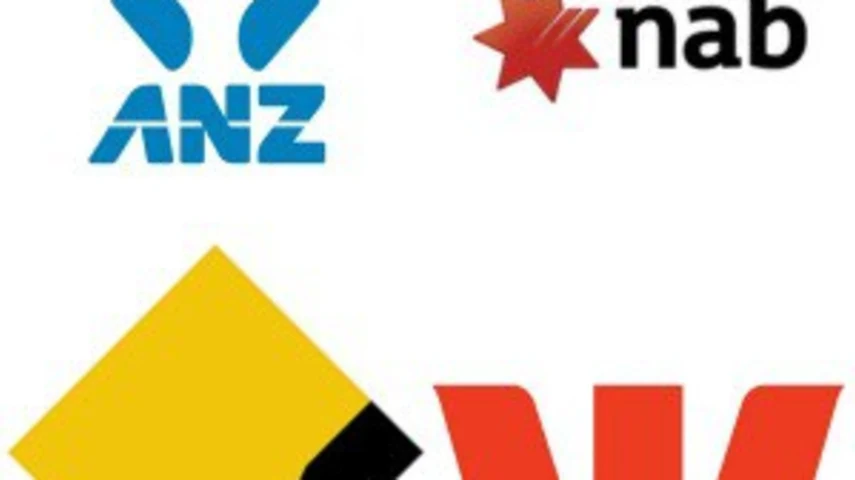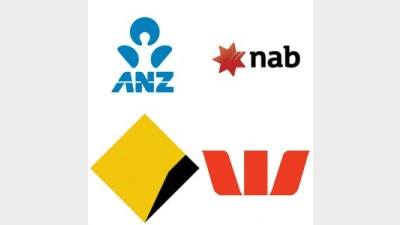Customers still happy with Big Four



Despite major banks' reputations clearly declining over time, they generally do a good job serving their customers as their overall satisfaction has remained high, according to DBM Consultants.
The research agency found while the Big Four had seen a gradual decline in customer satisfaction since the start of the year, their main customers had given generally given them a rating of over seven out of 10.
DBM group account director, Liliane Foederer, said the ratings reflected attitudes about services, fees, interest earned, functionality of accounts, and how they could interact with their banks.
"We know that certain customer groups have been adversely affected by some of the banks' practices — something that has been publicly acknowledged by the banks themselves. But by and large, these experiences seem to have been limited to a small minority," she said.
Foederer noted that perceptions of banks' reputations were clearly declining over time, particularly among business customers, and that views expressed by prominent individuals in the media had impacted the customers' views.
"… despite all the largely negative attention the banks get from different quarters, customers of the major banks have a reasonably benign view of their main financial provider," Foederer said.
"If you think about the complexity involved in serving over 14 million consumers and two million businesses who have hundreds of millions of transactions each month, these major banks generally do a pretty good job serving their customers.
"It is also possible that attempts by the banks to acknowledge their mistakes and take remedial actions may be placating their customers, who seem reasonably happy overall."
Recommended for you
As the end of the year approaches, two listed advice licensees have seen significant year-on-year improvement in their share price with only one firm reporting a loss since the start of 2025.
Having departed Magellan after more than 18 years, its former head of investment Gerald Stack has been appointed as chief executive of MFF Group.
With scalability becoming increasingly important for advice firms, a specialist consultant says organisational structure and strategic planning can be the biggest hurdles for those chasing growth.
Praemium is to acquire an advanced technology firm for $7.5 million, helping to boost its strategy to be a leader in AI-powered wealth management.










